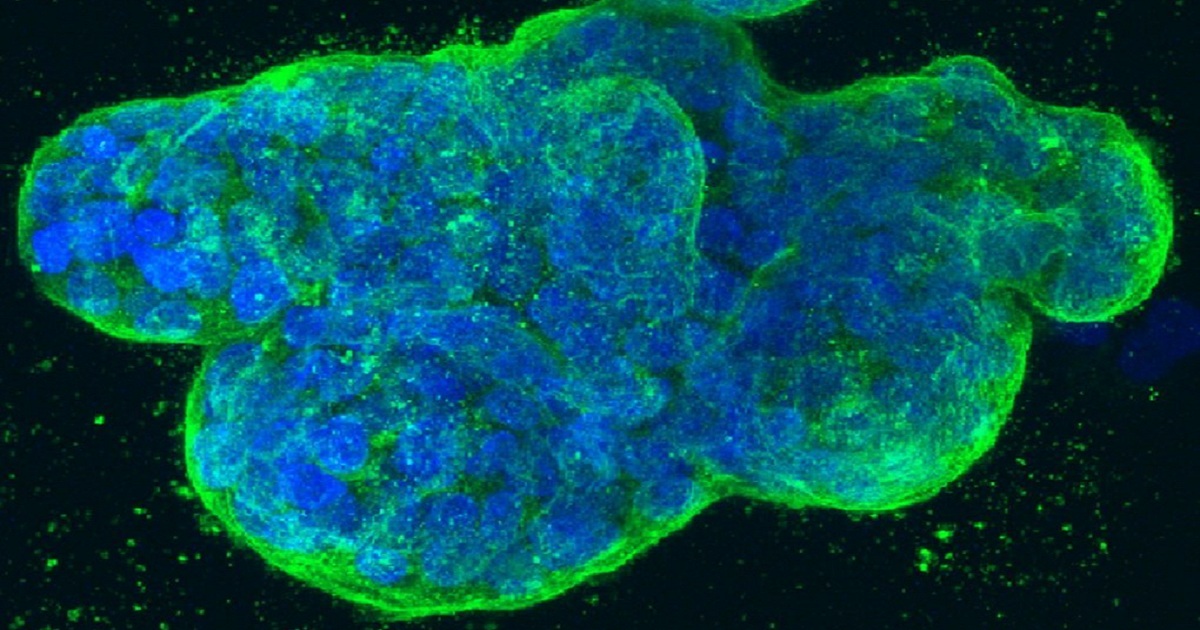Drug target identified for chemotherapy-resistant ovarian, breast cancer
Medical Xpress | February 04, 2019

People who inherit a faulty copy of the so-called "breast cancer genes" BRCA1 and BRCA2 are at high risk of cancer. About 10 percent of breast cancer cases and 15 percent of ovarian cancers can be traced back to a flaw in one of these genes. A class of drugs known as PARP inhibitors was designed to target tumors with defective BRCA genes. Sold under brand names such as Lynparza, Rubraca, and Talzenna, the drugs offered new hope to people with ovarian or breast cancer. But in the five years since the first one was approved, PARP inhibitors haven't lived up to their promise. Tumors typically shrink when first hit with a PARP inhibitor, but they soon become resistant, and cancer returns.
Now, researchers may have found a path toward improving the effectiveness of chemotherapy in people with breast or ovarian cancer that is caused by BRCA defects. Researchers at Washington University School of Medicine in St. Louis identified a pair of genes that operate in parallel to BRCA. Knocking down the genes increases tumor cells' susceptibility to a toxic chemical and potentially to chemotherapy drugs as well.